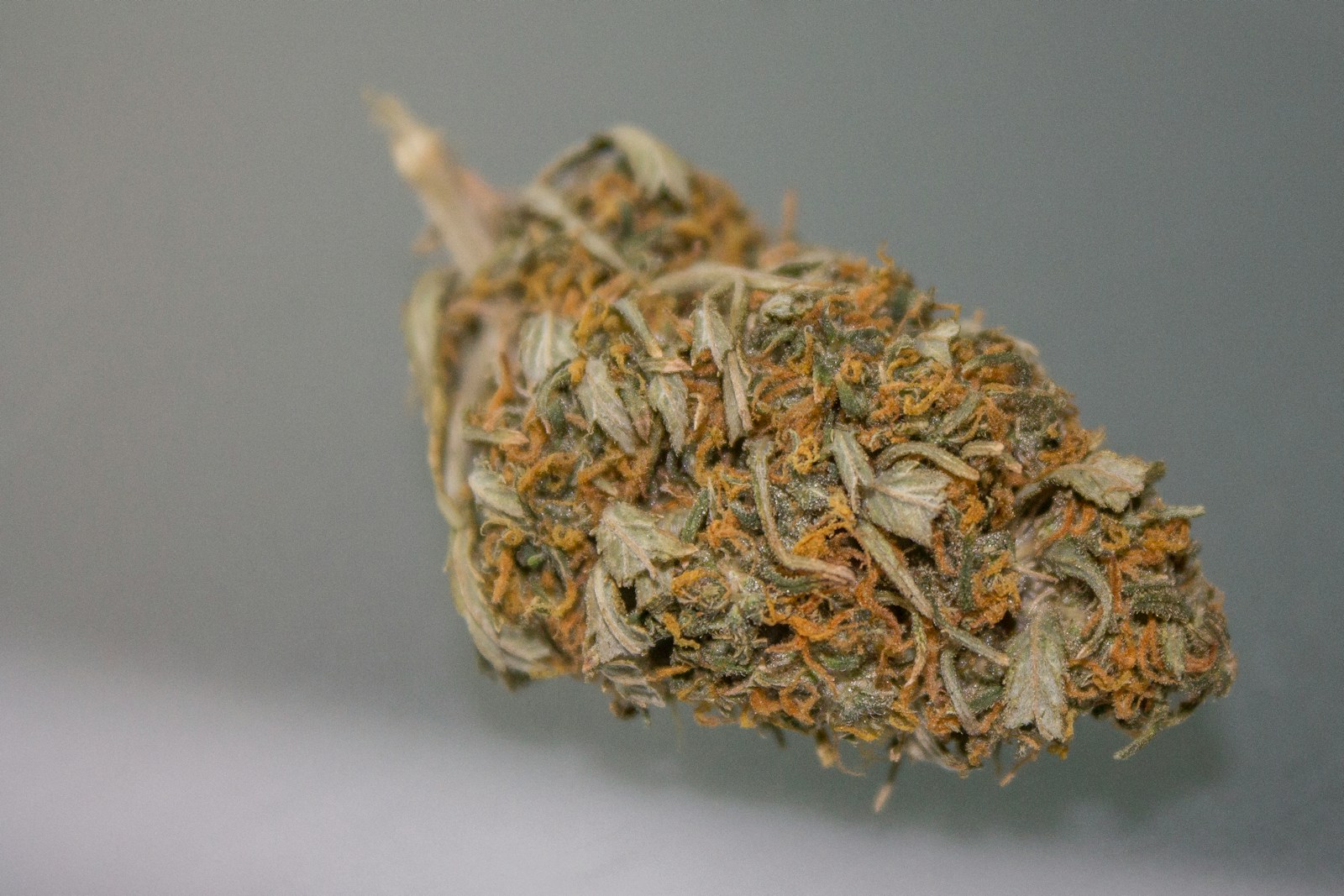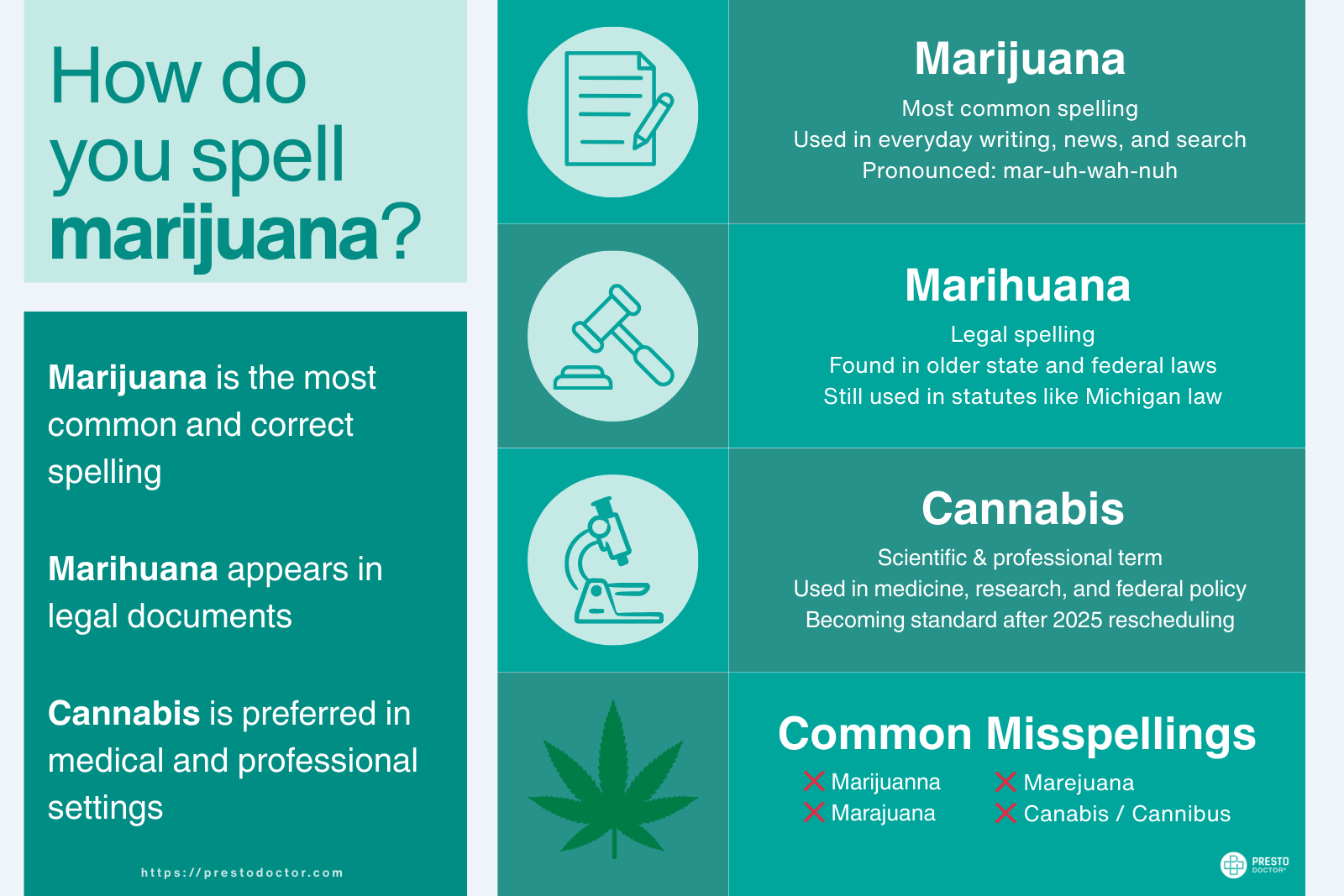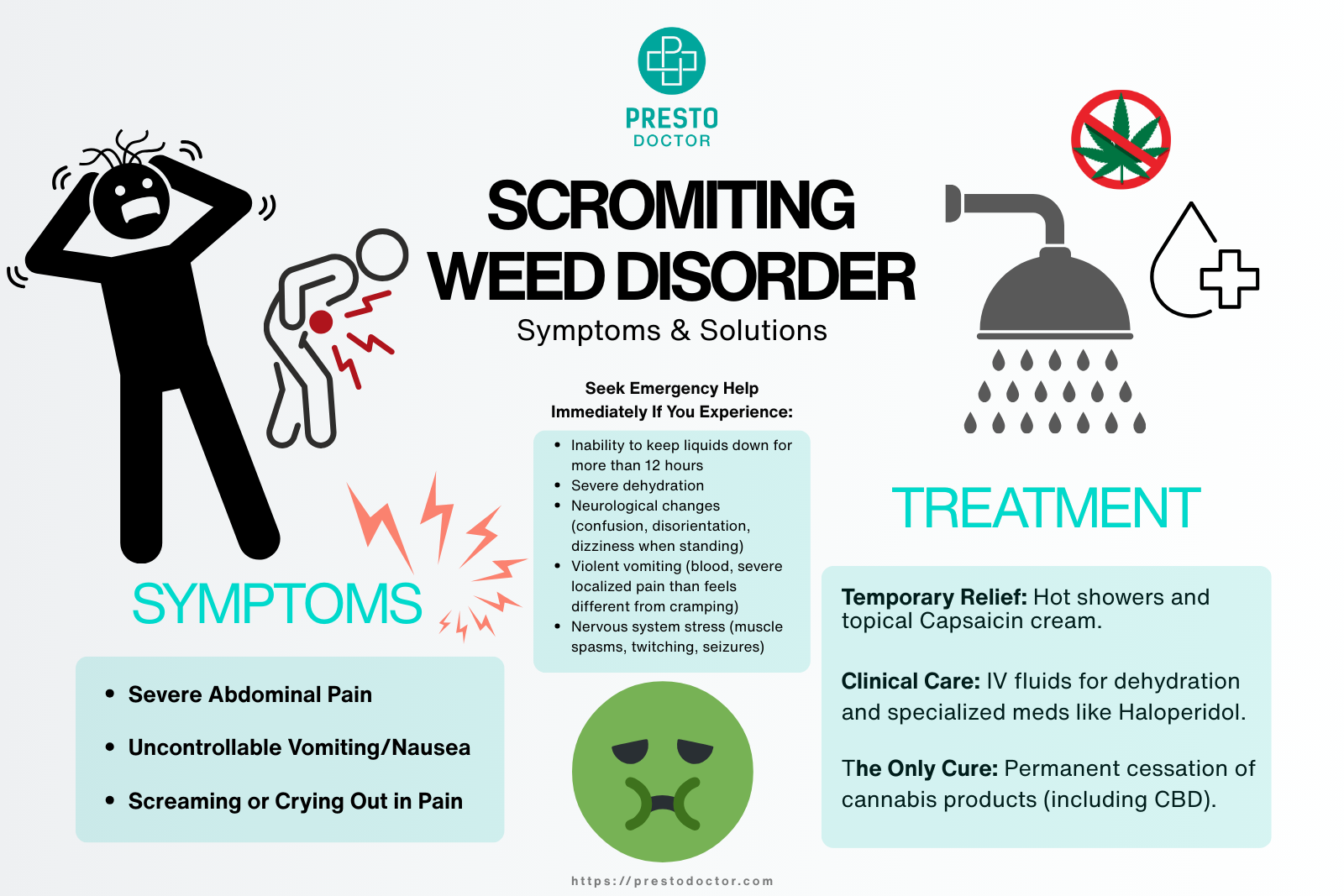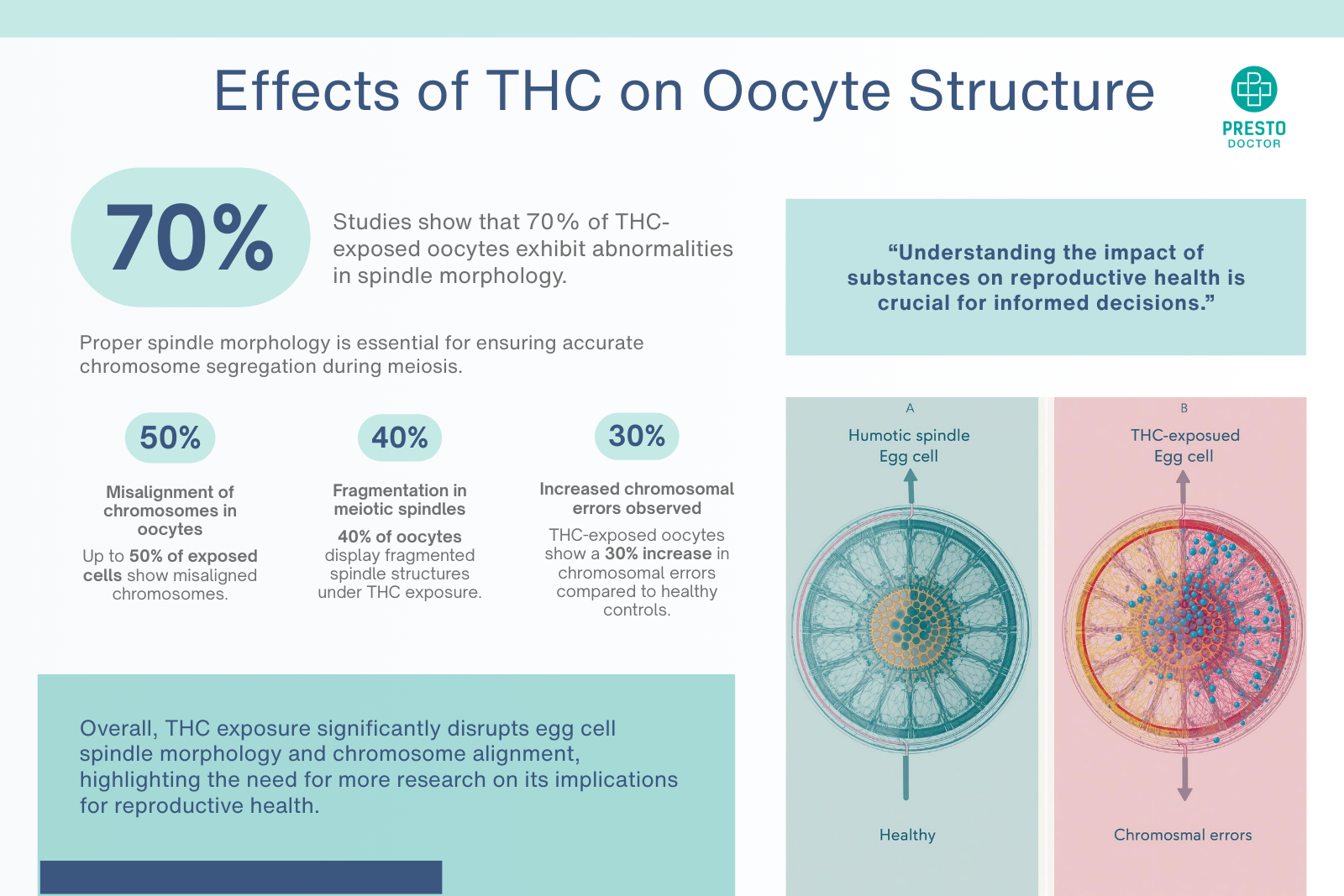
CBD, short for cannabidiol, is a compound in the cannabis plant. It has potential therapeutic benefits and has gained popularity in recent years. Diabetes, on the other hand, is a chronic condition that affects millions of people worldwide. It is characterized by high blood sugar levels due to insufficient insulin production or insulin resistance. In recent news, some people allege that CBD gummies may benefit diabetes.
The use of CBD in managing diabetes has been a topic of interest among researchers and individuals living with the condition. While there are still ongoing studies to fully understand the effects of CBD on diabetes, there is accumulating evidence suggesting its potential benefits.
This article will delve into the different types of diabetes, provide an overview of CBD gummies, discuss the potential benefits of CBD for diabetes management, highlight the latest studies on this subject, explore how to incorporate CBD gummies into your routine if you have diabetes, and touch upon important precautions and considerations. Stay tuned to learn more about this fascinating connection between CBD and diabetes.
Understanding Diabetes Type 1 & 2
Diabetes is a chronic condition that affects the body’s ability to regulate blood sugar levels. There are two main types of diabetes: type 1 and type 2.
Type 1 diabetes, also known as juvenile diabetes or insulin-dependent diabetes, is an autoimmune disease. In this form of diabetes, the immune system mistakenly attacks the pancreas, which is responsible for producing insulin. As a result, the body cannot produce enough insulin to regulate blood sugar levels. People with type 1 diabetes require daily insulin injections or the use of an insulin pump to manage their condition.
Type 2 diabetes is the most common form and occurs when the body becomes resistant to insulin or doesn’t produce enough insulin. It can accompany certain lifestyle factors such as obesity, poor diet, and lack of physical activity. Type 2 diabetes is manageable through lifestyle changes, medication, and sometimes insulin therapy.
Understanding the difference between type 1 and type 2 diabetes is crucial because it helps determine the appropriate treatment options and management strategies for each individual.
What Are CBD Gummies?
CBD gummies are a popular form of CBD-infused edible that combines the therapeutic benefits of cannabidiol (CBD) with the convenience and deliciousness of gummy candies. They are made by infusing CBD oil into a gummy base, resulting in a tasty treat that is easily consumable.
CBD, or cannabidiol, is a natural compound in cannabis plants. Unlike its counterpart THC, CBD does not produce psychoactive effects, meaning it will not get you high. Instead, it has been shown to have various potential health benefits, including reducing inflammation, relieving pain, and promoting relaxation.
CBD gummies offer a discreet and portable way to consume CBD. They come in various flavors, shapes, and dosages, allowing individuals to choose the gummies that best suit their preferences and needs. Additionally, CBD gummies provide a consistent and precise dosage of CBD. This makes them an appealing option for those who want to incorporate CBD into their wellness routine.
Benefits of CBD for Diabetes
CBD has shown potential benefits for individuals with diabetes. Several studies have indicated that CBD may help regulate blood sugar levels and improve insulin resistance, which are key factors in managing diabetes.
One of the main benefits of CBD for diabetes is its anti-inflammatory properties. Chronic inflammation plays a significant role in the development and progression of diabetes. CBD has been found to reduce inflammation in various tissues and organs, including pancreatic cells involved in insulin production.
Additionally, CBD may be able to alleviate diabetic neuropathy. Diabetic neuropathy is a common complication of diabetes characterized by nerve damage and pain. Research suggests that CBD can help reduce pain and inflammation associated with neuropathy. This can greatly improve the overall quality of life for individuals living with diabetes.
Moreover, CBD may assist in managing diabetes-related complications such as cardiovascular disease and diabetic retinopathy. Studies have indicated that CBD has antioxidant and neuroprotective effects, potentially reducing the risk of developing these conditions or mitigating their severity.
Overall, while more research is necessary to fully understand the extent of CBD’s benefits for diabetes, preliminary studies suggest that it could be a promising natural option for managing symptoms and promoting overall well-being in individuals with this condition.
Latest Studies on CBD and Diabetes
Recent studies have explored the potential benefits of CBD for diabetes management. In a study published in the journal Diabetes Care, researchers found that CBD treatment significantly reduced inflammation and improved blood sugar control in mice with diabetes. Another study conducted on human subjects with type 2 diabetes revealed that CBD had no noticeable effect on insulin sensitivity and reduced fasting insulin levels. However, this does not mean that CBD cannot be beneficial for other reasons.
Furthermore, a review of several studies highlighted the neuroprotective and antioxidant properties of CBD. These properties may help prevent or minimize complications associated with diabetes, such as diabetic neuropathy and cardiovascular disease.
While these preliminary findings are promising, more research is necessary to fully understand CBD’s potential benefits for diabetes and to determine optimal dosage and long-term effects. Individuals interested in using CBD for diabetes should consult with their healthcare provider to discuss potential risks and benefits.
How to Use CBD Gummies for Diabetes
When considering the use of CBD gummies for diabetes, it is important to consult with a healthcare provider to determine the optimal dosage and method of consumption. CBD gummies are a popular option because they provide a convenient and discreet way to ingest CBD.
To use CBD gummies for diabetes, start by carefully reading the label to determine the recommended serving size. It is advisable to start with a low dose and gradually increase if needed. The effects of CBD can vary from person to person, so finding the right dosage may require some experimentation.
Once you have determined the appropriate dosage, simply chew and swallow the gummy. The CBD absorption happens through your digestive system and into your bloodstream. It is important to note that the effects of CBD may take time to be felt, so patience is key.
Remember, using CBD as a complementary therapy for diabetes should not replace any prescribed medications or lifestyle changes recommended by your healthcare provider. Regular monitoring of blood sugar levels is still crucial.
Precautions and Considerations
When using CBD gummies for diabetes, there are a few precautions and considerations to keep in mind. First and foremost, it is important to consult with a healthcare provider before incorporating CBD into your diabetes management routine. They can provide personalized guidance and ensure that CBD does not interact negatively with any medications you may be taking.
It is also crucial to start with a low dose of CBD and gradually increase if needed. This allows you to gauge how your body responds and minimize the risk of experiencing any adverse effects. Additionally, it’s important to monitor your blood sugar levels regularly to track any changes that may occur while using CBD gummies.
Furthermore, it’s essential to choose high-quality CBD gummies from reputable brands that undergo third-party testing for potency and purity. Reading the product label carefully to understand the ingredients and serving size is equally important.
Overall, proper research, consultation with healthcare professionals, and careful monitoring are key when using CBD gummies for diabetes.
Conclusion
In conclusion, while CBD gummies show promise in managing diabetes symptoms, more research is necessary to fully understand their efficacy and safety. The existing studies have provided encouraging results on the potential benefits of CBD for diabetes, including reduced inflammation.
However, it is important to approach CBD use for diabetes with caution. Consulting a healthcare professional is crucial to ensure that CBD does not interact negatively with any medications being taken. Starting with a low dose and gradually increasing as needed is also recommended to minimize the risk of adverse effects.
Furthermore, choosing high-quality CBD gummies from reputable brands that undergo third-party testing is essential to ensure potency and purity.
Overall, while CBD gummies may hold promise as a complementary option for managing diabetes symptoms, it is imperative to prioritize proper research, consultation with healthcare professionals, and careful monitoring of blood sugar levels. With the right approach and guidance, CBD gummies may offer a potential avenue for individuals looking to incorporate natural alternatives into their diabetes management routine.






